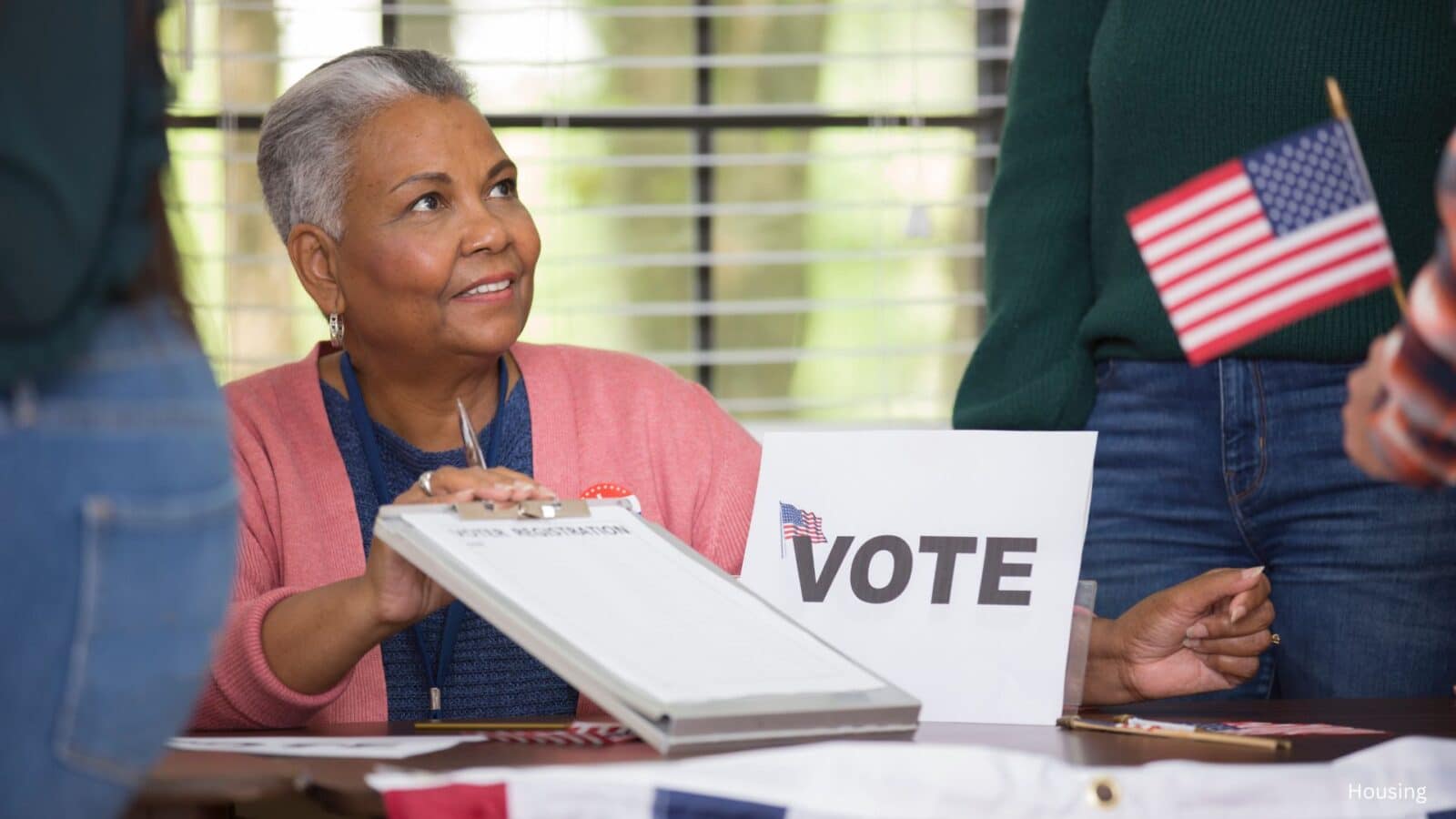2024 voter concerns highlights housing affordabilityt, shaping the choices of many voters across the United States. As inflation continues to impact housing costs, both local and national candidates are facing increased pressure to address this issue. In fact, recent data from a Redfin-commissioned survey reveals that housing affordability is among the top concerns for Americans when casting their ballots. With 2024 voter concerns about housing at an all-time high, candidates are taking notice and making it a key part of their platforms.
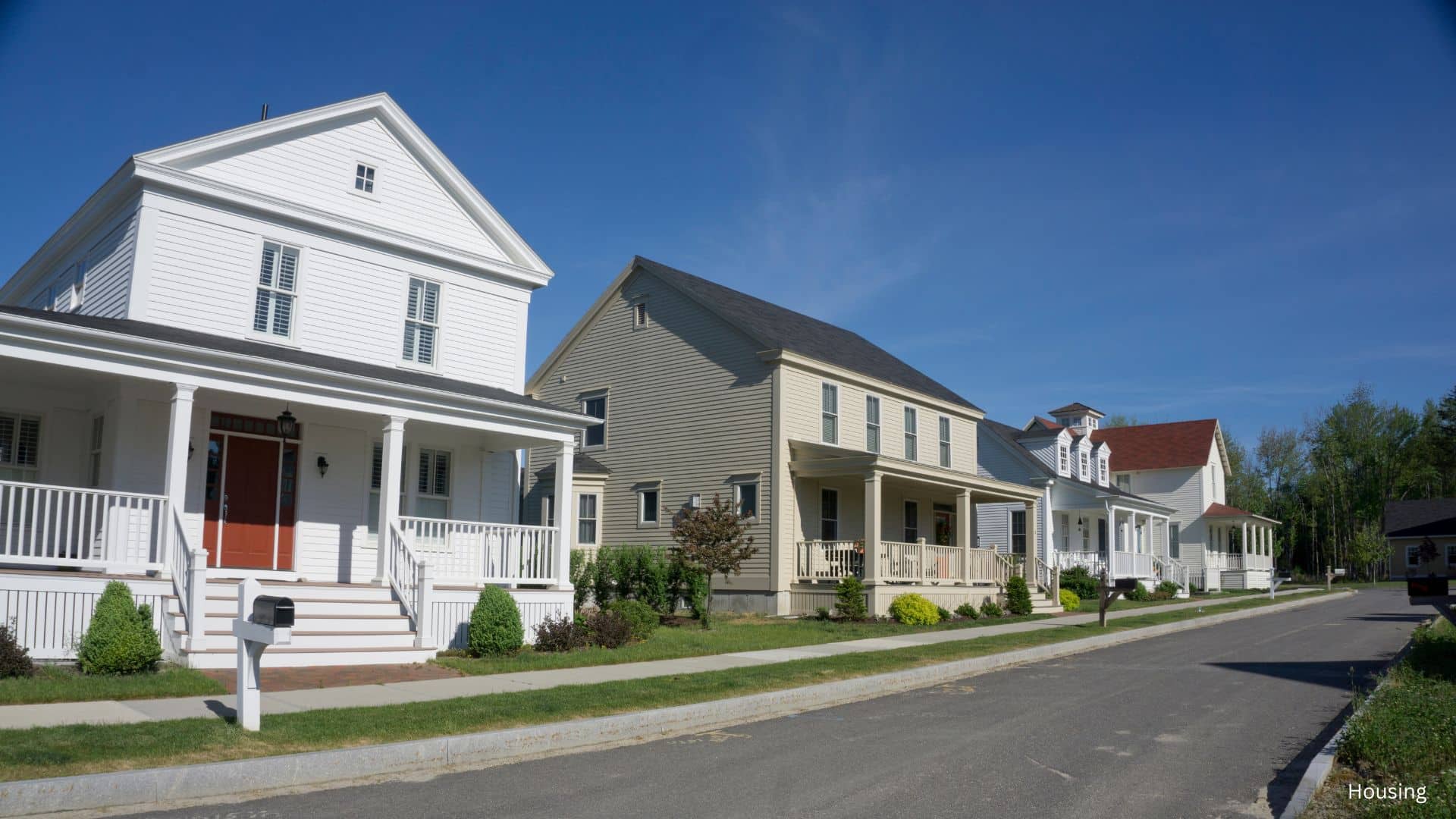
2024 Voter Concerns on Housing Affordability
The Rising Concern of Housing Affordability
According to the Redfin survey conducted by Ipsos, 38% of Americans who have already voted in the presidential election indicated that housing affordability influenced their choice for president. While this issue ranks lower than others like the economy (63%) and inflation (59%), it remains an essential factor for many voters, particularly those in traditionally blue states where housing costs are significantly higher. This concern about housing costs reflects a broader trend of “2024 voter concerns” related to economic security and affordability.
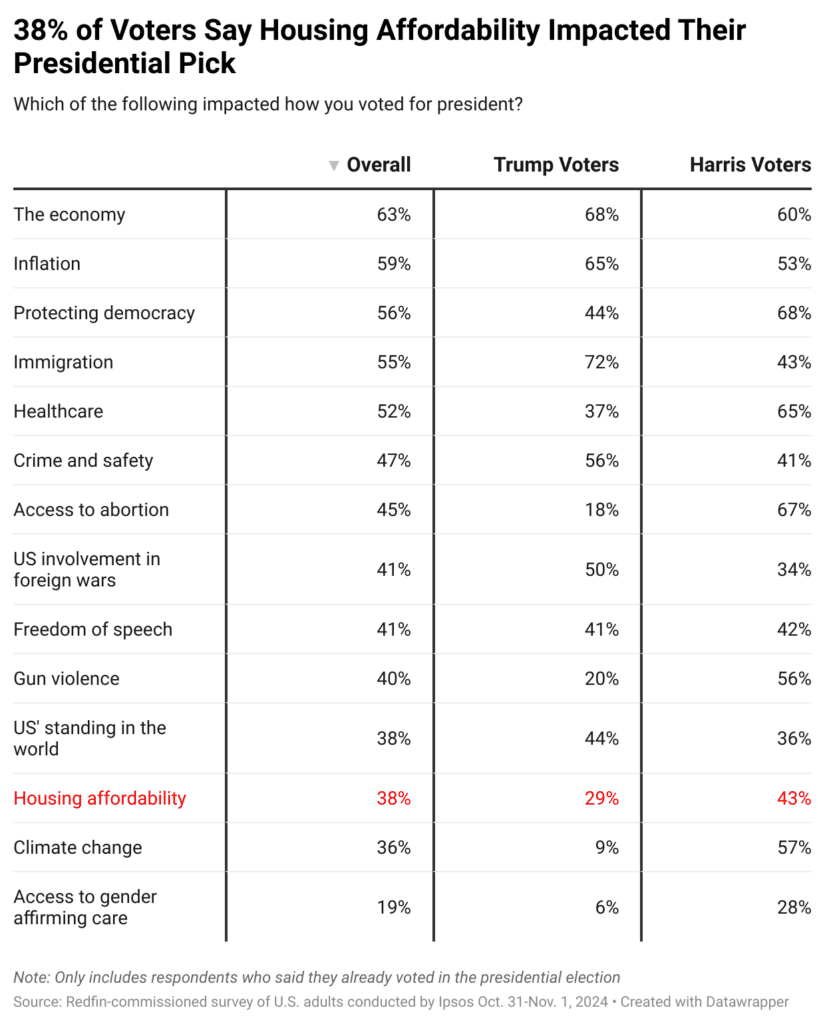
Housing Affordability in Local Elections
The survey shows that housing affordability is an even more prominent issue in local elections, with 40% of voters saying it influenced their decision for local officials. This local focus makes sense, as housing policies and initiatives often differ at state and municipal levels. For example, voters in areas with high living costs or recent population booms are likely more sensitive to housing issues. The data reveals that while presidential candidates may discuss broad economic policies, local leaders are seen as instrumental in addressing immediate housing concerns, making housing affordability a key topic in their campaigns.
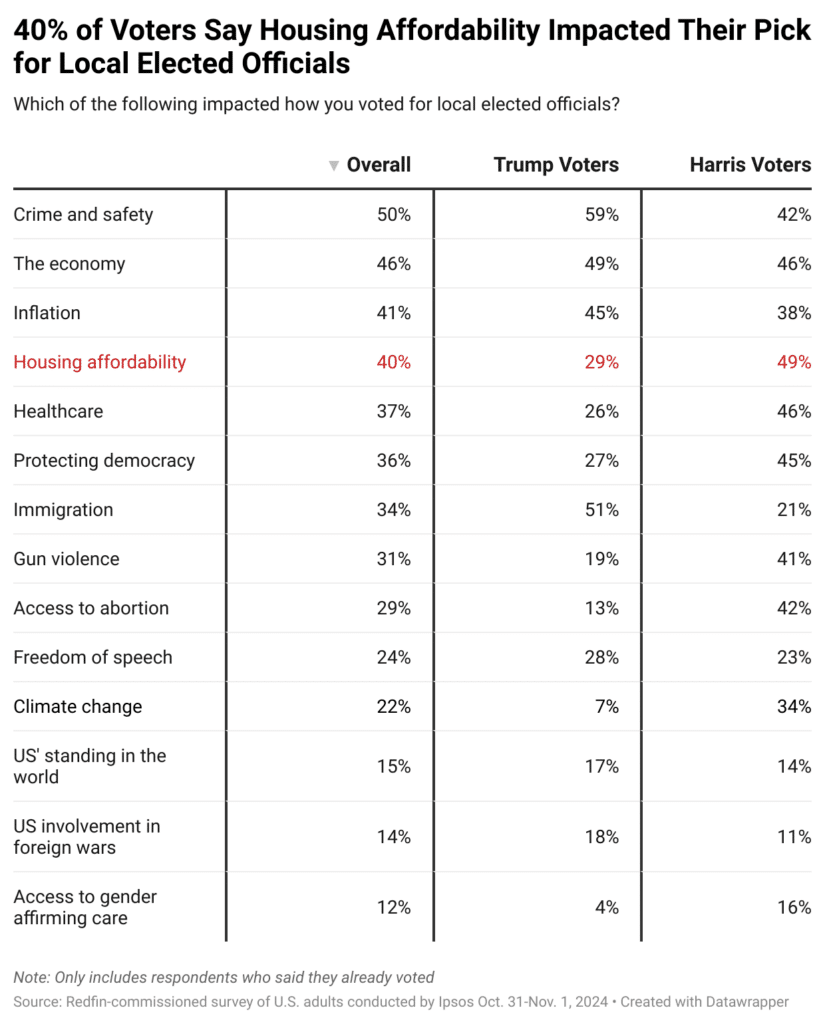
How Political Affiliations Impact Housing Priorities
Interestingly, the survey highlights differences in “2024 voter concerns” between supporters of different candidates. Among those who voted for Kamala Harris, 43% cited housing affordability as a key issue, compared to only 29% of Trump voters. This disparity reflects the unique demographics and economic conditions associated with each party’s base. Harris voters, who tend to reside in more urban, high-cost areas, may feel a more urgent need for affordable housing policies. Conversely, Trump supporters, many of whom live in more affordable areas, may prioritize other issues like immigration or freedom of speech.
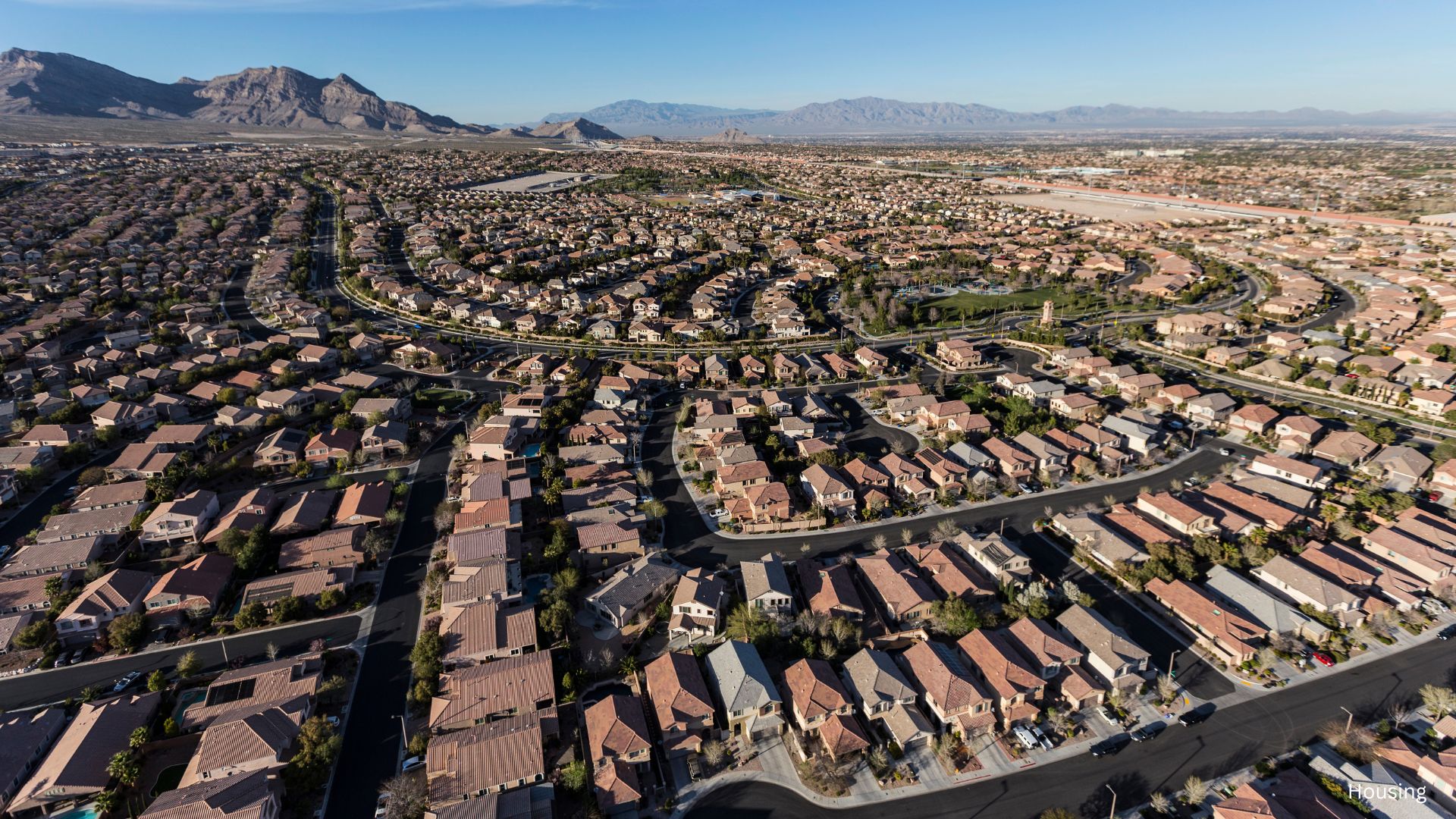
Mortgage Rate Expectations and the 2024 Election
The Redfin survey also sheds light on how voters perceive mortgage rates under potential administrations. Approximately one-third (32%) believe mortgage rates would fall if Trump is elected, while only 23% feel the same about a Harris presidency. Additionally, Harris’s supporters were more likely to anticipate rising mortgage rates if she takes office, reflecting broader “2024 voter concerns” around affordability and economic stability. These expectations underscore the connection between political outcomes and financial security, as many voters feel that their choice in 2024 could directly impact their ability to buy a home.
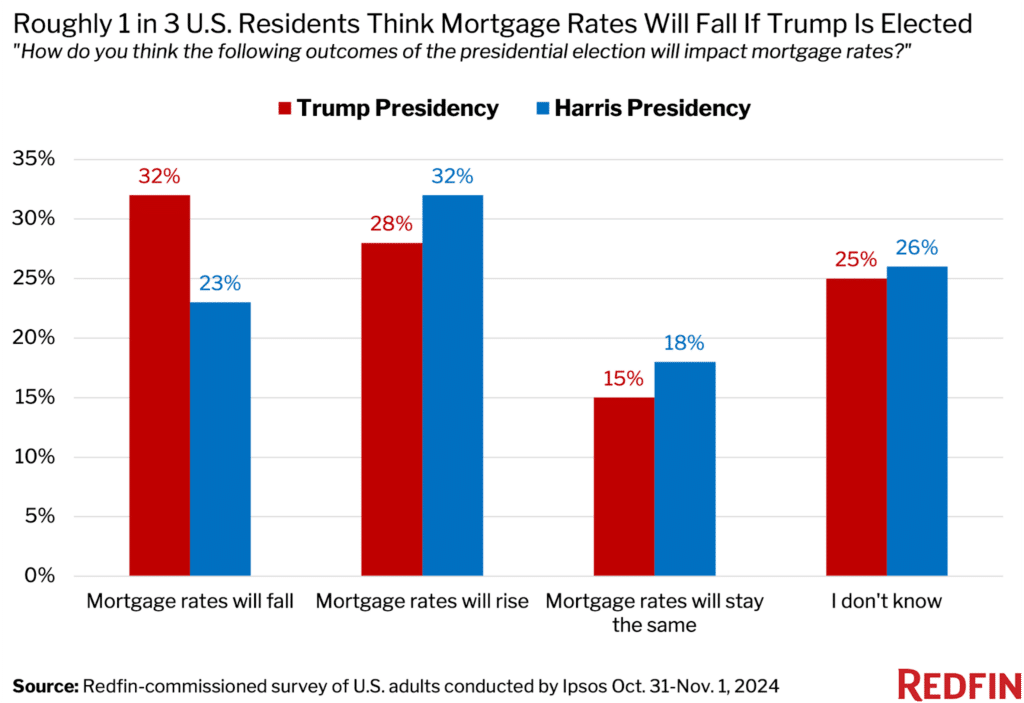
The Role of Housing Affordability in Shaping the 2024 Election
The 2024 election is proving to be one where housing affordability stands out as a pivotal issue, particularly for those voting for local and state representatives. With nearly 40% of early voters citing it as a deciding factor, it’s clear that housing costs are weighing heavily on the minds of Americans. As candidates at all levels address “2024 voter concerns,” it remains to be seen how policy proposals and anticipated economic shifts will shape the future of housing in America. The Redfin survey, conducted by Ipsos in October 2024, provides valuable insight into how deeply intertwined housing affordability is with voters’ priorities this election season.
Related posts:
 Mortgage Rate Drop This Fall 2024: What Homebuyers Need to Know
Mortgage Rate Drop This Fall 2024: What Homebuyers Need to Know
 Affordable Investment Properties: Top 10 Markets That Offer Great Returns
Affordable Investment Properties: Top 10 Markets That Offer Great Returns
 September Pending Home Sales See Biggest Increase Since 2023
September Pending Home Sales See Biggest Increase Since 2023
 Housing Market Vicious Cycle: An In-Depth Look at the Crisis Impacting American Homeownership
Housing Market Vicious Cycle: An In-Depth Look at the Crisis Impacting American Homeownership
 Florida Property Taxes: What’s Causing the Soaring Costs for Homeowners?
Florida Property Taxes: What’s Causing the Soaring Costs for Homeowners?
